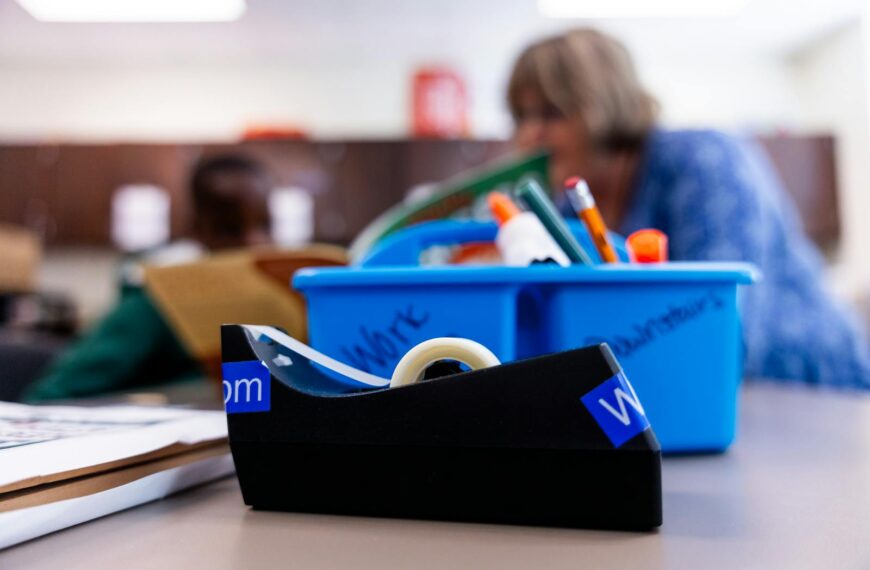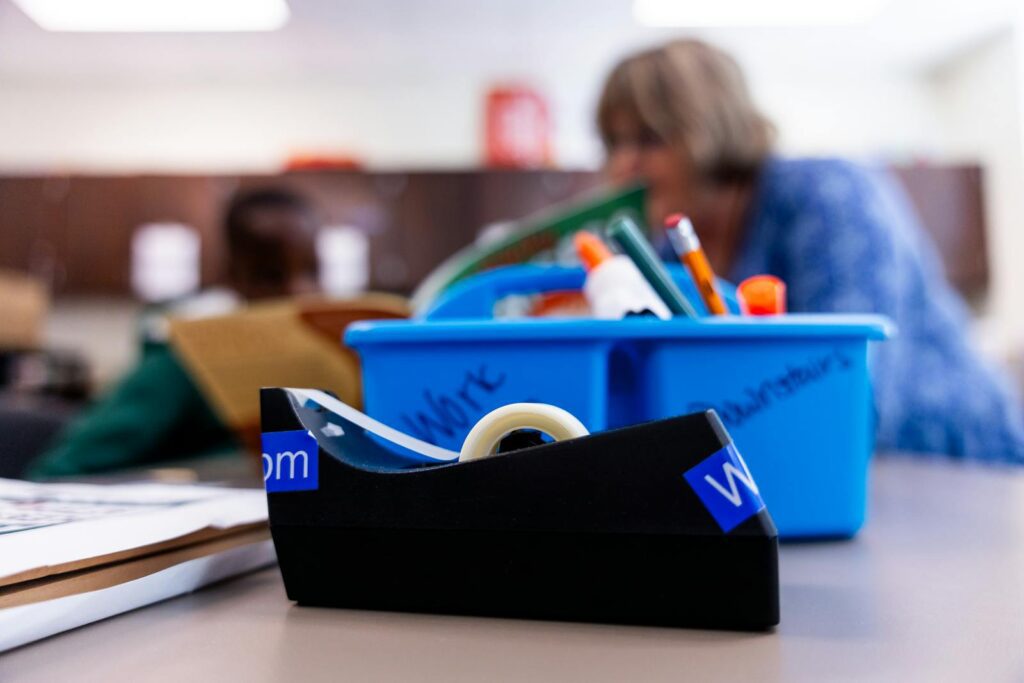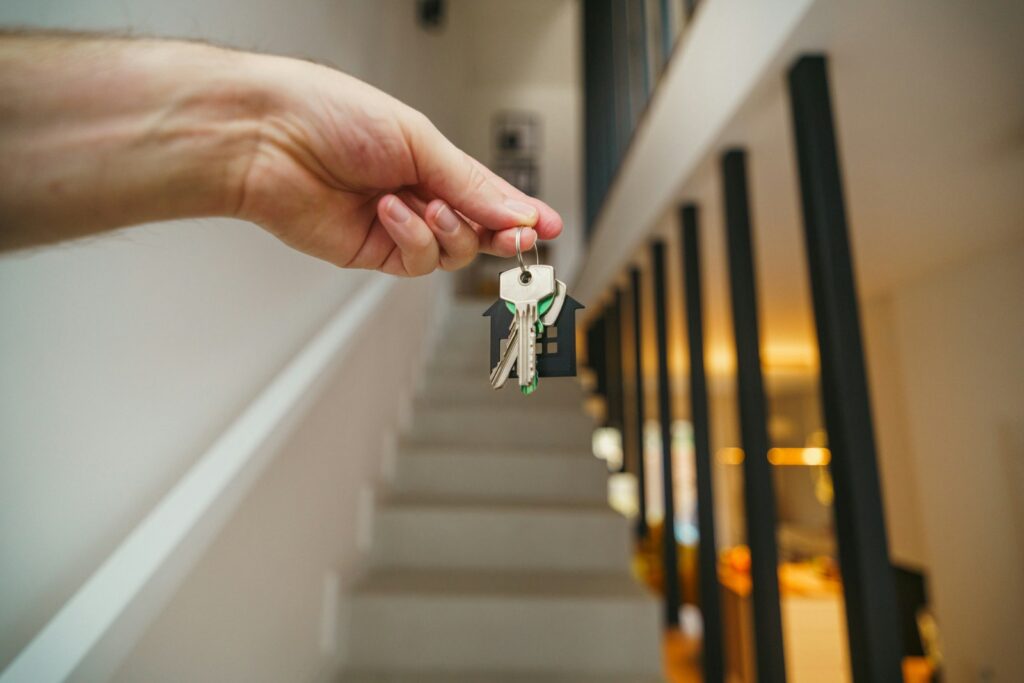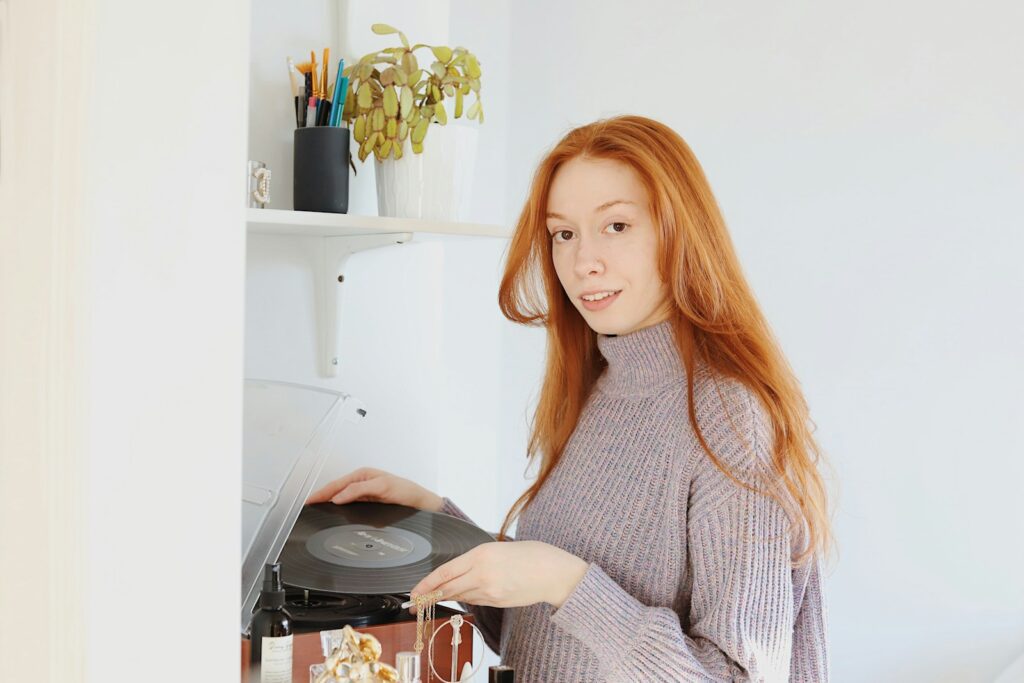It’s easy to accumulate more stuff than you actually need, often without realizing it. From sentimental items to the latest gadgets, many factors contribute to holding onto excess belongings. Understanding the reasons behind your clutter can help you take actionable steps to break the habit and create a more organized living space.
You might find yourself overwhelmed by the thought of decluttering, but you’re not alone. Many struggle with the emotional and psychological ties to possessions, making it challenging to let go. The journey to a tidier home starts with recognizing these patterns and addressing them head-on.
1. Identify Emotional Attachments
Take a moment to consider what items in your space have emotional weight. These might be things like gifts, keepsakes, or family heirlooms.
Ask yourself why you hold onto these items. Is it for the memory, the person, or the experience associated with them?
Recognizing these emotional attachments is a key step in understanding why it’s tough to let go. Acknowledge your feelings, but remember that memories can exist without the physical objects.
2. Adopt a Minimalist Mindset
Thinking like a minimalist changes how you see your stuff. Start by recognizing that less can be more. Each item in your space should serve a purpose or bring you joy.
Challenge the habit of keeping things just because you spent money on them. Instead, focus on the value they add to your life now.
Practice gratitude for what you already own. This mindset can help you appreciate what you have and reduce the urge to accumulate more. Embracing minimalism means making conscious choices about what to keep.
3. Limit Influencer Influence
Social media can make you feel like you need more stuff to be happy. Influencers often showcase products that can lead to overconsumption.
To break this habit, curate your feed. Follow accounts that align with your true interests and values. Seek out voices that promote living with less rather than more.
Remember, it’s okay to step back from the chaos. Focus on what genuinely brings you joy and fulfillment in your life.
4. Establish a ‘One In, One Out’ Rule
Adopting a “one in, one out” rule can simplify your clutter management. Whenever you decide to bring something new into your home, make it a point to let go of something similar you already own.
This practice helps keep your space balanced and prevents unnecessary accumulation. You’ll find it easier to appreciate your belongings when you maintain a more streamlined collection. It’s a straightforward way to create order in your environment.
5. Embrace Imperfection
You might feel pressure to keep everything in perfect order. It’s important to remember that perfection isn’t necessary for a peaceful home.
Embracing imperfection allows you to let go of items that no longer serve you. Focus on progress, not perfection.
When you accept flaws in your space, it becomes easier to declutter. Celebrate the quirks and messiness as part of your journey to a simpler life.
6. Redefine What’s ‘Useful’ or ‘Beautiful’
Take a moment to think about what you truly consider useful or beautiful. Often, we hold onto items because they once served a purpose or looked good at one time.
Challenge yourself to reassess these definitions. Does that decorative piece really bring joy? Is that gadget still beneficial?
By redefining these terms, you can let go of items that no longer fit. Focus on what enhances your life in the present, making space for things that truly matter.
7. Involve a Decluttering Buddy
Having a decluttering buddy can make the process a lot more enjoyable. You’re not in this alone, and sharing the experience can lighten the emotional load.
A friend can provide motivation and moral support. They can help you make decisions about what to keep and what to let go of.
Working together also adds accountability. You’ll be more likely to stick to your decluttering plan when someone else is involved. Plus, it can turn a daunting task into some quality time spent with a friend.
8. Focus on Spaces that Matter
Identify the areas in your home that truly matter to you. These could be places where you relax, work, or spend time with loved ones.
Instead of tackling every room, start with one that has the most impact on your daily life.
Decluttering these spaces can create a more positive atmosphere.
You’ll feel lighter and more organized, making it easier to maintain the vibes you want for your life.
9. Donate to Spread Positivity
Donating your items can create a positive impact, not just in your space but in your community. When you give away things you no longer need, you help others who may be in need.
It feels good to know that your unwanted clothes or books might bring joy to someone else. Plus, clearing out clutter can lift your mood and reduce stress.
Think about local shelters or charities that accept donations. Spreading positivity through your generosity can create a ripple effect in your community.
10. Use Storage Wisely
Using storage wisely can help maintain a clutter-free space. Start by organizing items in clear, labeled bins. This way, you can quickly find what you need without rummaging.
Consider vertical storage solutions, such as shelves or hooks. They save space and keep things accessible.
Don’t forget to regularly purge items you don’t use. If something hasn’t been touched in months, it’s likely time to let it go. This approach keeps your storage areas efficient and functional.














